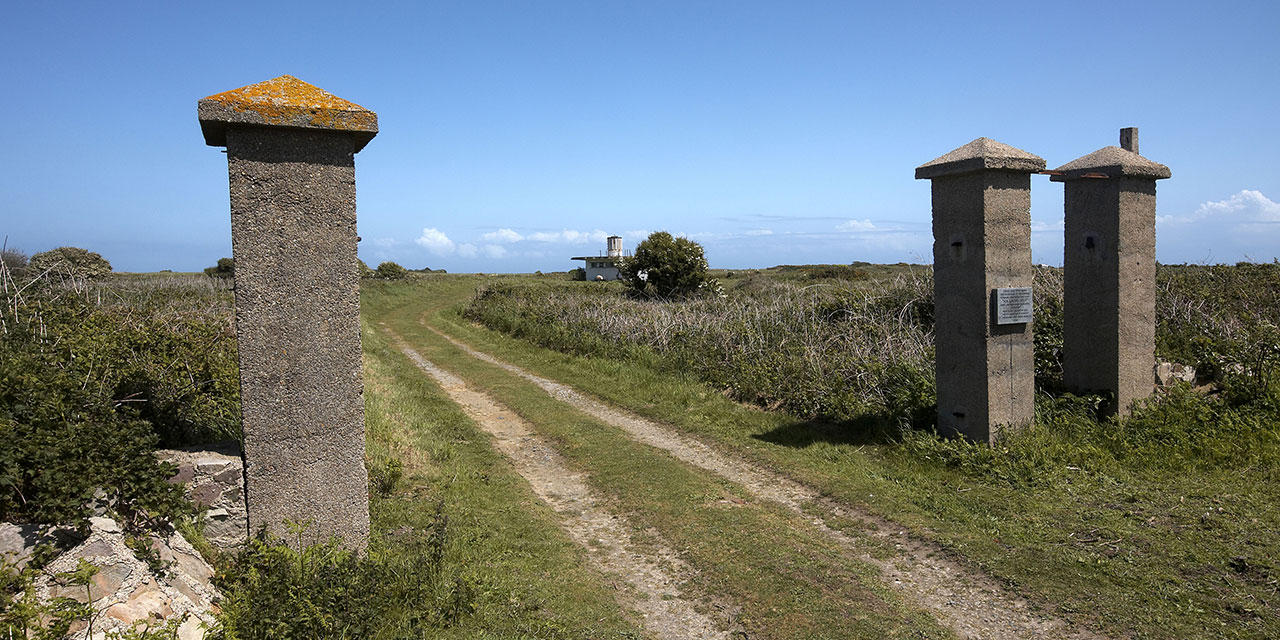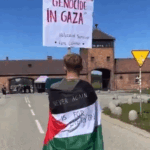The UK government has announced an official investigation into the only Nazi concentration camp on British soil and how many people died there during World War 2.
Lord Eric Pickles ordered the review into what took place on the Channel Island of Alderney, saying the appointed panel of 11 experts would identify “the most accurate number of people who died” in the camps.
The official number of deaths is 389, but for years historians have claimed the true figure could be thousands of tens of thousands.
Shortly after the islanders left, 3,000 German soldiers – double the original population – invaded the vacated island setting up four slave labour camps with several subsidiary camps. In 1943, two of the labour camps, Lager Sylt and Lager Norderney, were converted to concentration camps run by the “Death’s Head Unit” of the SS paramilitary.
Lord Pickles, the UK’s Holocaust Envoy, said inaccurate claims were a “critical threat to Holocaust memory”.
“Numbers matter because the truth matters,” he said.
“The dead deserve the dignity of the truth; the residents of Alderney deserve accurate numbers to free them from the distortion of conspiracy theorists.
“Exaggerating the numbers of the dead, or even minimising them, is in itself a form of Holocaust distortion and a critical threat to Holocaust memory and to fostering a world without genocide.”
CUFI published an article about the atrocities on the island in a November 2021 issue of TORCH magazine.
In the article CUFI explained how scale of the operation on Alderney has always been played down, but showed how an investigative report by former top British army officers in 2017 claims the number of deaths was around 40,000-70,000, including many Jews.
One of the most significant reports on record was compiled by intelligence officer Captain Theodore Pantcheff for the British government, after Alderney was liberated. “Report on Atrocities Committed in Alderney, 1942-1945” was supposed to be locked away in British archives until 2045, but a copy was given to Moscow at the time due to the connection with so many Soviet victims.
It is only in recent years that researchers have discovered the document in the Russian State Archives. The paper makes solemn reading, but it casts light on one of the darkest events ever to take place on British territory.
Colonel Richard Kemp, former commander of British Forces in Afghanistan, has also conducted independent research piecing together the conclusion that the severity of what took place was even greater than initially recorded in Pantcheff’s report. Writing about events on the island, he says, “They died not in hundreds but in their thousands and tens of thousands on Alderney. And when they dropped, they were replaced by others – who in turn were also worked to death and then replaced.”
With the Germans destroying evidence of the camp before the island was liberated by British forces in 1945, and with reluctance from Westminster to fully reveal what had taken place on British soil, Alderney has been nicknamed, “the island of silence.”
The UK Holocaust Memorial Foundation said 11 experts from the UK, Germany, Canada and Alderney will examine files from archives from across Europe and evaluate submissions from the public to determine the true figure.
The team will also be receiving expert assistance from the Archives at Yad Vashem, the world’s preeminent Holocaust Centre, in order to locate relevant documentation related to Alderney.
They will announce their findings in a report to be published in March 2024.
Lord Pickles added: “I hope this review will put to rest conspiracy theories on numbers and provide lasting dignity to the dead and some peace to the residents of Alderney who continue to remember them at the Hammond War Memorial every year in May.”
The terms of reference for the inquiry state the experts will look at historical records on the number of dead in Alderney and review the number of prisoners and forced/slave labourers who passed through the island.
Members of the public are invited to lodge submissions to the review by 1 November.










